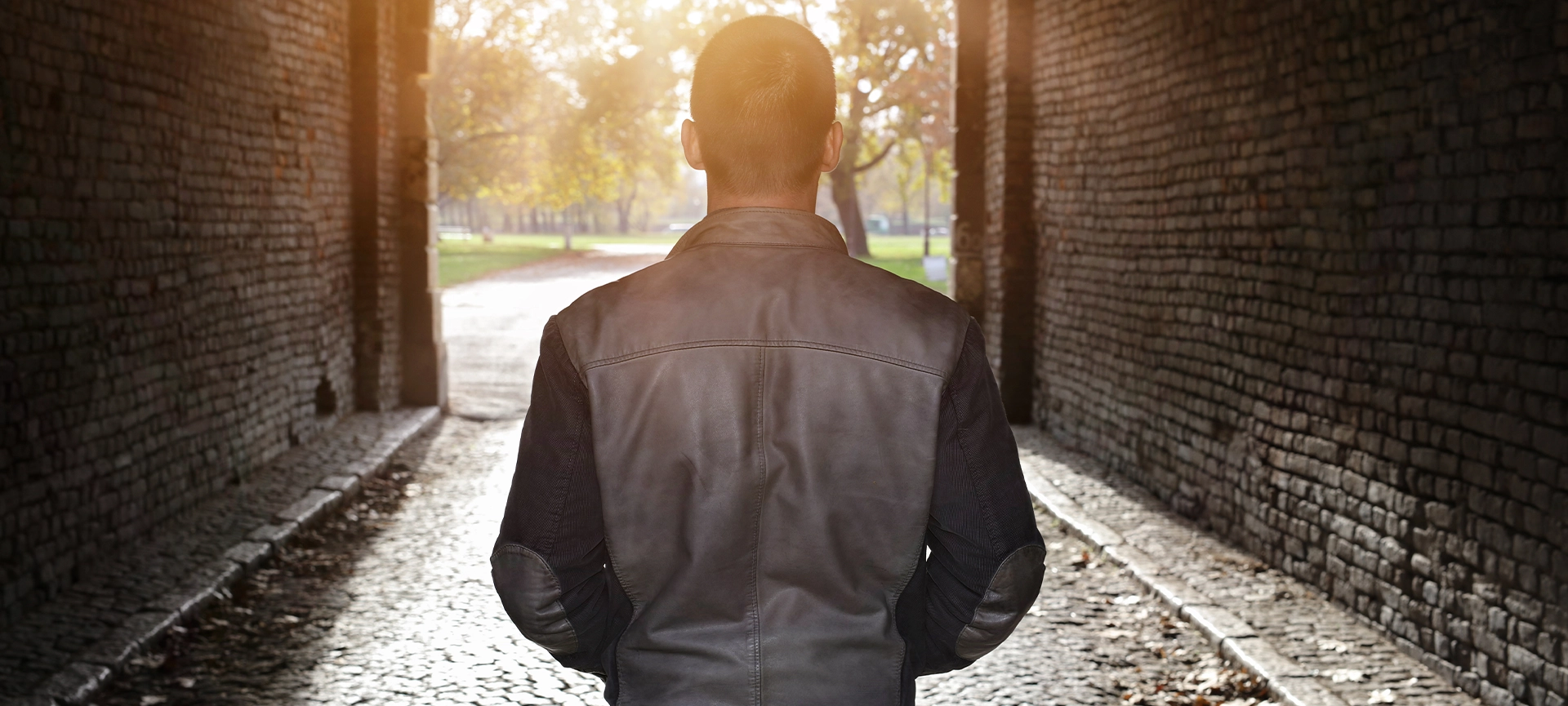When you think of experiential therapy or any kind of therapy in an addiction rehab centre, you may easily imagine it as simply talking to a therapist. However, this is a common misconception about what therapies are. Thinking of experiential therapy as simply talking may prevent you from getting the help that you need from a therapist. Let’s get to know more about what experiential therapy is and how it can help you in your addiction recovery.
Understanding Experiential Therapy
With experiential therapy, it’s different from the other types of therapies where you talk to a therapist in an office. The sessions for this kind of therapy take place in a number of different locations. For example, experiential therapy sessions may be in a horse stable, an art studio, or in the mountains while doing a hike.
If you’re wondering why this is so, it’s because this type of therapy provides opportunities where patients can be more hands-on and interactive so that they can better open up to the therapist. Some patients may find it difficult to express deep emotions or talk about their past. Experiential therapy can help make it easier for patients to express themselves.

As a non-traditional psychotherapy method, experiential therapy is often used for treating anger management, trauma, compulsive gambling, eating disorders, grief, as well as behavioural addictions. The approach of this method is beneficial for the treatment of substance abuse in particular. It can help recovering addicts to understand why and how certain experiences could have influenced their behaviours. It also provides insight into why they feel stuck and how they can move forward.
The Focus of Experiential Therapy
These therapies are encounters or events that happen in real-time. Such events can cause changes in the individual’s self-perception and how they see the world. A vital component for this treatment program to be effective is being able to provide the patients with a safe place where they can explore challenging emotions and complicated thoughts.
Patients will be able to make connections with such thoughts and feelings and develop coping mechanisms that are healthier than using drugs or alcohol. An expert therapist can help the patients by guiding them on how to live in the present and not numbing themselves by getting high on drugs or drinking until they blackout.
Experiential Therapy in Addiction Treatment
One of the main themes of the 12-Step Program of Alcoholics Anonymous is that there needs to be a shift or change in the person’s psyche. Such a change may be different for each person. However, the basic point here is that your perspective of how you see things should change.
During treatment, changes in outlook usually happen because of an encounter or experience and not just simply by receiving information. When recovering addicts are focused on a certain task or activity instead of the therapy session itself, they are usually less guarded. It brings about more authentic emotions and reactions.
Why is this Type of Therapy Beneficial?
Plenty of drug addiction treatment centres use experiential therapy when it comes to facilitating the treatment process. There are patients who tend to rationalize as well as intellectualize the addiction that they have. To achieve sobriety, absorbing information alone is not enough. If it were, then addicts would be treated successfully by just making them study the topic.
Addiction has three dimensions: emotional, spiritual, and physical. With encounters and experiences, treatment can reach the spiritual and emotional aspects. It is a way for recovering addicts to be able to feel their emotions again and face them rather than using drugs or drinking alcohol.
Experiences provide a way to sort out negative feelings so that they can be understood and the recovering patient can move on. When this is achieved, then the individual can be more open to positive feelings such as love, peace, and forgiveness.
Techniques for Experiential Therapy
There are many kinds of techniques for experiential therapy. Typically, these are action-oriented so that the participants will be able to acquire experience. An example here is equine therapy where the individual may have to place a bridle on a horse. He or she has to confront the idea that it would be a challenge to manipulate the horse to cooperate.
Interactions like that can give insight to the person on their addiction and recovery. They will encounter themes such as humility and powerlessness. But they will also be able to achieve genuine and authentic feelings of happiness and pride.
Here are other techniques used in experiential therapy:
- Poetry and creative writing
- Dance
- Music
- Stage performance
- Play
- Art therapy
- Psychodrama
- Canine therapy
- Equine therapy
- Role-playing
- Guided imagery
These techniques help the recovering addicts to find avenues to express themselves better. It also provides opportunities for individuals to build confidence, learn discipline, as well as reduce stress. Experiential therapies also motivate recovering addicts to stick with their addiction treatment program until completion.
Final Thoughts
Going through addiction treatment and recovery will bring about plenty of challenges. Individuals who want to recover from addictions should know that there are several ways that their addiction can be treated. Some prefer traditional talk therapy while others find experiential therapy to be more effective for them.

To know which ones will work best for your treatment, it is important that you talk to your doctor so that you can get good advice and guidance. Especially in experiential therapy where there are so many options to choose from, you may want to learn more about each one of them to understand how they work for your addiction treatment and recovery.
If you’re ready to make an important change in your life and move away from the bad habits of drug or alcohol use, feel free to call us here at Addiction Rehab Toronto. We’ll be happy to answer any questions you may have about the types of therapy we offer and how it can help you in your journey to a sober and clean life.
Related article: Can Experiential Therapy Help in Addiction Recovery?







